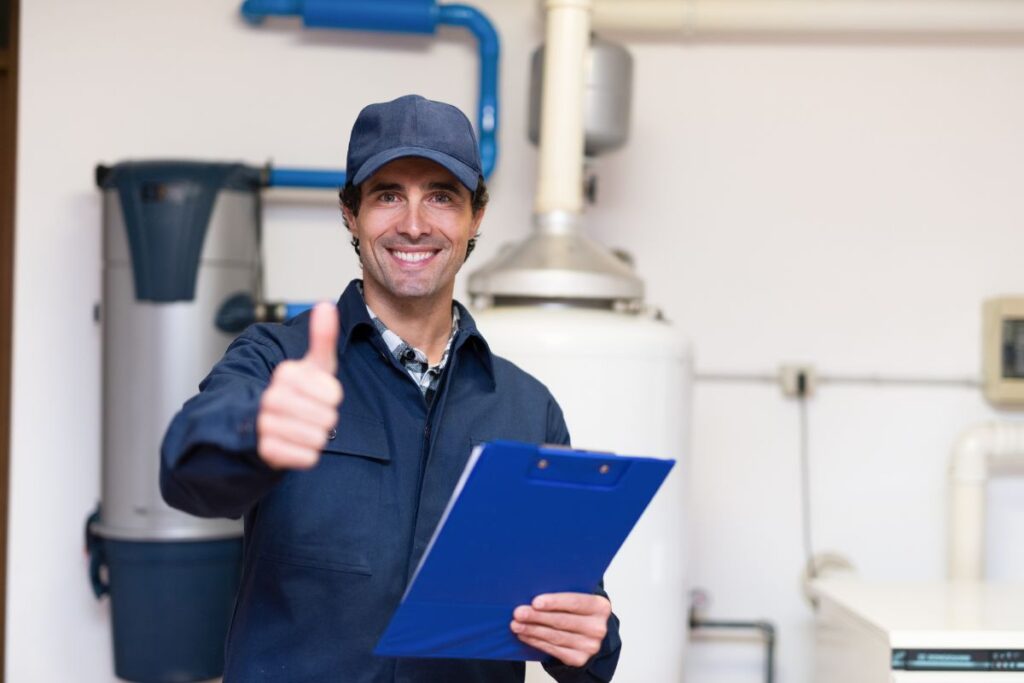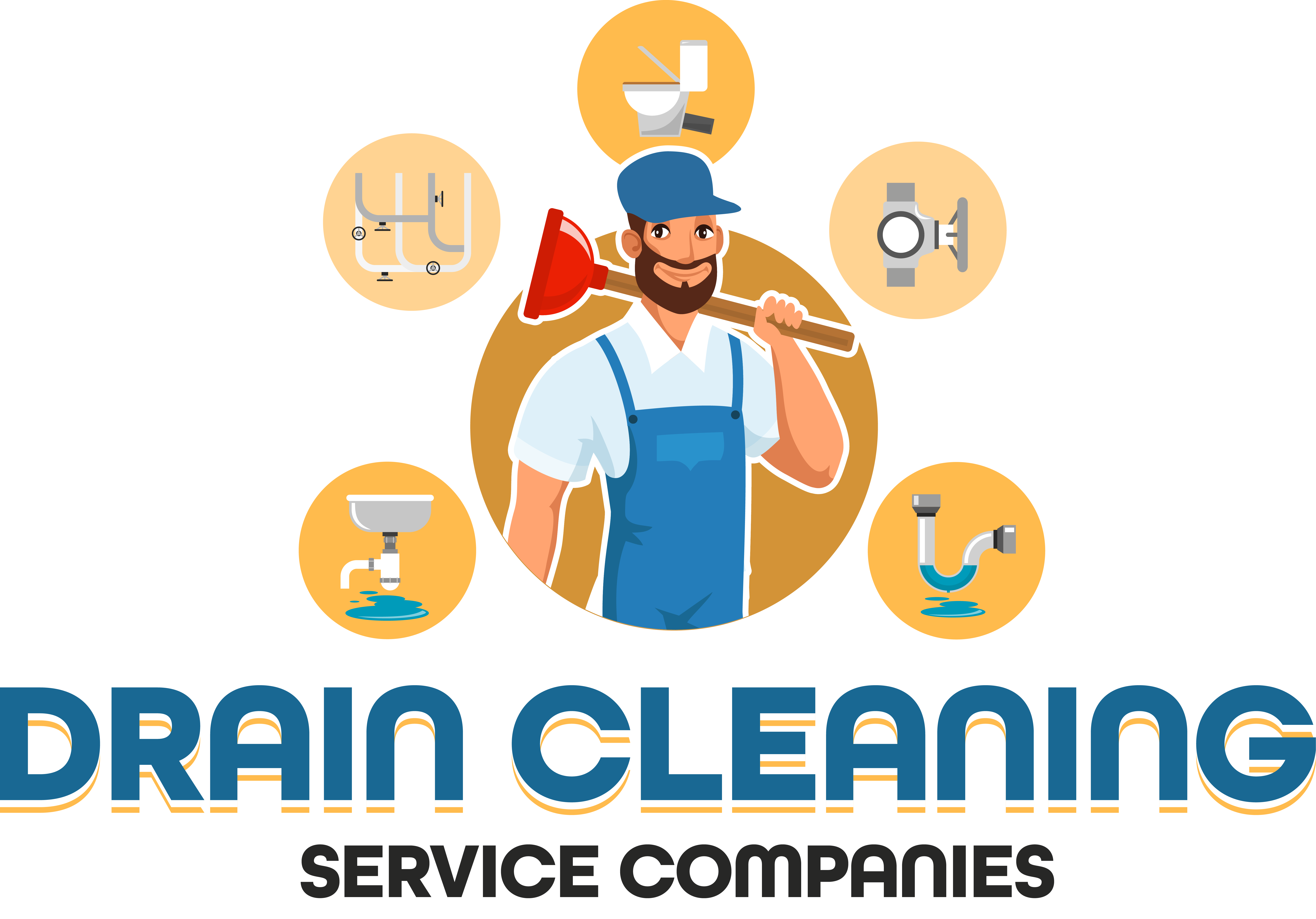
A well-maintained plumbing system is essential to avoid costly breakdowns and ensure the proper functioning of your home. Thanks to a few simple daily gestures, you can extend the life of your pipes, taps and sanitary appliances. But what are these habits? Here are 07 easy habits to integrate into your routine to keep your plumbing in good condition.
Avoid throwing anything down the drains
Sinks, toilets and sinks are not trash cans. Avoid pouring fat, oil or leftover food into it. In the toilet, only toilet paper and human waste should be thrown away. Wipes, even those called “biodegradable”, may clog your pipes.
This content may interest you : Pipe materials compared : copper, PER or multilayer?
Regularly clean the syphons and monitor leaks at the taps
The syphons under sinks and sinks tend to accumulate soap residue, hair or debris. A monthly cleaning avoids bad odours and obstructions. It is often enough to disassemble and rinse them with hot water.
A dripping faucet or a slightly damp pipe may seem harmless, but these small leaks can lead to overconsumption of water and long-term damage. Regularly inspect your facilities and repair any leaks as soon as they are detected.
Protect your pipes from the gel and use strainers in sinks and showers
In winter, pipes exposed to the cold may burst. Insulate them with foam sheaths, especially in unheated areas such as garages, cellars or attics. In very cold weather, let a stream of water run to prevent the pipes from freezing.
These small accessories prevent hair, food residues or other solid debris from going down the drains. A simple gesture that can avoid many inconveniences.
You can also read :
Maintain the tank of your water heater
Deposits can form over time in the tank of your water heater, which impairs its proper functioning and can shorten its life. An annual cleaning, including a complete emptying, removes these residues and preserves the performance of the device. We also recommend checking the temperature level to prevent it from being too high. Too high a temperature could prematurely damage plumbing installations.
Think about a preventive interview
Even if everything works properly, we recommend occasionally using natural solutions (such as white vinegar + baking soda mixture) to clean the pipes. Avoid harsh chemicals, which can damage pipes in the long run.
Avoid harsh chemicals
Although they seem practical at first glance, chemical unclogs may gradually damage the pipes by gnawing them. This can cause leaks or other concerns. For small plugs, a suction cup or a manual ferret is often enough to remove the elements without harming your installation. In the event of persistent blockage, it is better to involve a specialist.
Call on a professional for regular inspections
A plumber can perform a comprehensive inspection of your system, detect problems that are invisible to the naked eye and advise you on necessary repairs or improvements. Prevention is better than cure, especially when it comes to water and structures in your home.
Taking care of your plumbing system does not require much time or technical skills. A few regular gestures can make all the difference. By introducing these simple habits, you reduce the risk of leaks, traffic jams and unexpected expenses.
